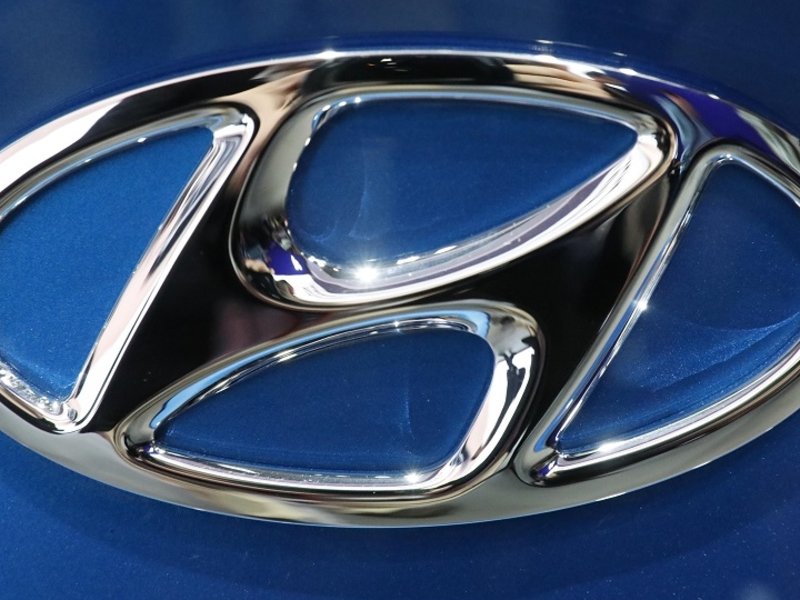
Korean automaker Hyundai Motor Co. broadened its future transportation portfolio with an agreement to jointly develop electric vehicles with California startup Canoo, the companies said on Tuesday.
It was the second such deal announced in recent weeks by Hyundai and sister company Kia Motors Corp., which in mid-January said they would invest $110 million in UK startup Arrival and jointly develop electric commercial vehicles.
In Seoul, a Hyundai spokesperson said the automaker’s partnership with two-year-old Canoo would focus on smaller electric passenger vehicles about the size of its Accent compact.
Like Arrival, Canoo has developed a “skateboard” — a low-rise platform that bundles batteries and electric motors with such chassis components as steering, brakes, wheels and tires — on which a variety of body types can be built.
Canoo last fall revealed its own “post-SUV” model, based on its electric-vehicle skateboard and intended to be marketed to individuals and fleets by subscription.
Hyundai has been investing heavily in recent months in a variety of future transportation ventures, notably a $4 billion joint venture with auto supplier Aptiv, announced in September, to develop self-driving vehicles and systems.
Those investments are part of a sweeping five-year, $87 billion plan to ramp up the automaker’s expertise and activity in electrification, automation and related services.
Previously, Hyundai and Kia had made a number of transportation-related investments, including in Silicon Valley self-driving startup Aurora and ride services startups Ola in India and Grab in Singapore. Hyundai and Kia last year invested $89 million in Rimac Automobili, a nine-year-old Croatian company that aspires to build electric supercars and which is also backed by Porsche.